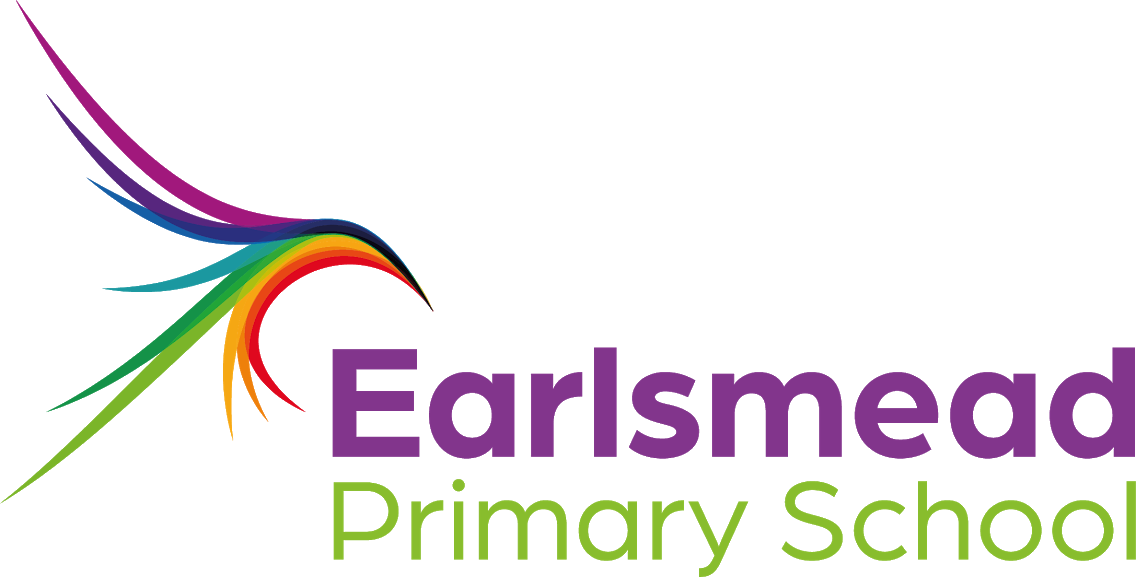Internet Safety
The internet and technology offer wonderful benefits for learners and most use it safely. But while the internet offers a wealth of opportunities, there are online risks that could potentially lead to harm. At Earlsmead we take internet safety very seriously and it is taught throughout the school in our curriculum. At home, we believe parents and carers should take a balanced approach to children’s online safety. Doing nothing will lead to trouble, but a heavy-handed approach will make them all the more determined to do the opposite of what you tell them. A degree of monitoring and control through parental software – balanced with age-appropriate education and guidance – will go a long way towards keeping their digital lives safe and happy.
To read Earlsmead's e-safety policies please visit the Safeguarding section of the website.
For more information and further help please visit the websites below:
Top Safety Tips for Parents and Carers
- Talk with your family about online safety. Be clear about your family’s rules and expectations around technology, and consequences for inappropriate use.
- Use technology together. It’s a good way to teach online safety, and it creates opportunities for you to address online safety topics with your family as they come up.
- Discuss online services and sites. Talk with your family about which kind of sites they like to visit and what is appropriate for each family member.
- Protect passwords. Help your family learn how to set secure passwords online. Remind your family not to give out their passwords, except maybe to trusted adults, like a parent.
- Use privacy settings and sharing controls. There are many sites for sharing thoughts, photos, videos, status updates and more. Many of these services offer privacy settings and controls that help you to decide who can see your content before you post it.
- Check the age rating of the games your child plays. Some of the best selling video games have an age rating of 18 - they are not suitable games for primary children.
Top Safety Tips for Children
- Don’t give out your personal information. Keep your full name, address, mobile number, email address, school name and friends’ full names secret.
- Use secure passwords that are hard to guess. Keep your password reminders in a secret place.
- Never meet up with an online friend. If you’re determined to meet them you should always tell a parent or teacher and make sure they go with you.
- Don’t open junk mail. If you open an email that says unpleasant things, you must tell a trusted adult straightaway - and don’t reply to it.
- Beware: people might not be who they say they are. Messageboards and chat rooms are fun, but they can also be dangerous because you don’t know who you’re talking to.
- Always tell an adult if you feel uncomfortable or worried.
Some of the information here is taken from the Google Safety Site. Follow the link below for more help on how to keep your family safe online.










